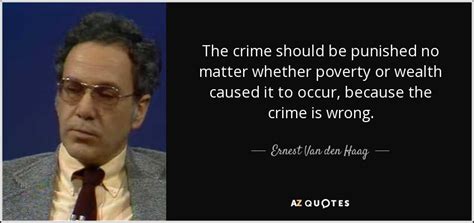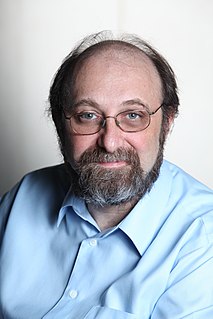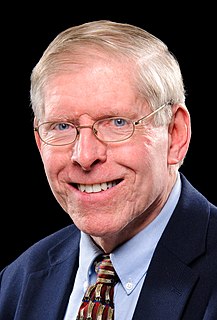A Quote by Ernest Van den Haag
I am reminded of a colleague who reiterated all my homosexual patients are quite sick - to which I finally replied so are all my heterosexual patients.
Quote Topics
Related Quotes
I am a spiritual person. I'm a Catholic. I treat my patients, the dead patients, as live patients. I believe there is life after death. And I talk to my patients. I talk to them, not loudly but quietly in my heart when I look at them. Before I do an autopsy, I must have a visual contact with the face.
Operating-room errors hold a special terror for patients, if only because they seem like the most avoidable kind of complications. The occasional horror stories of patients who have the wrong leg removed or the wrong knee replaced generate the most headlines, as do tales of patients whose identities are mixed up entirely.
I was born of heterosexual parents. I was taught by heterosexual teachers in a fiercely heterosexual society. Television ads and newspaper ads — fiercely heterosexual. A society that puts down homosexuality. And why am I a homosexual if I'm affected by role models? I should have been a heterosexual. And no offense meant, but if teachers are going to affect you as role models, there'd be a lot of nuns running around the streets today.






























